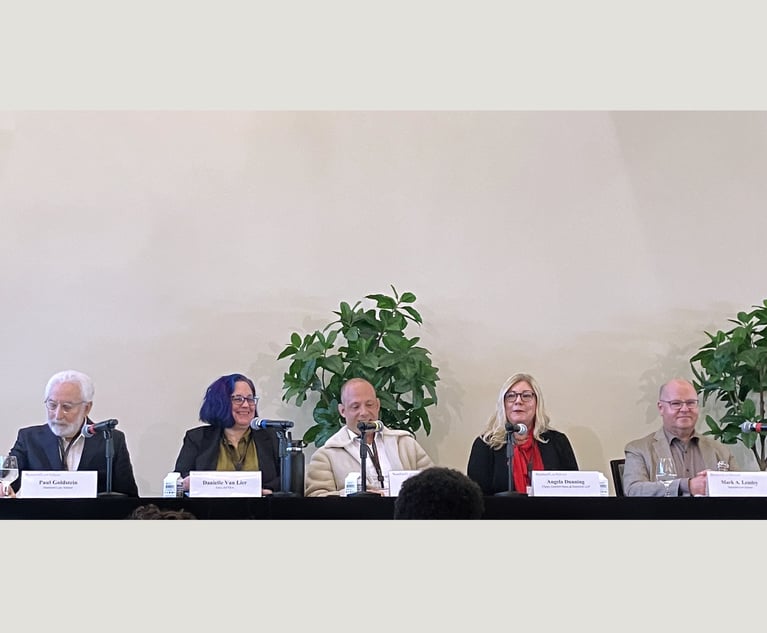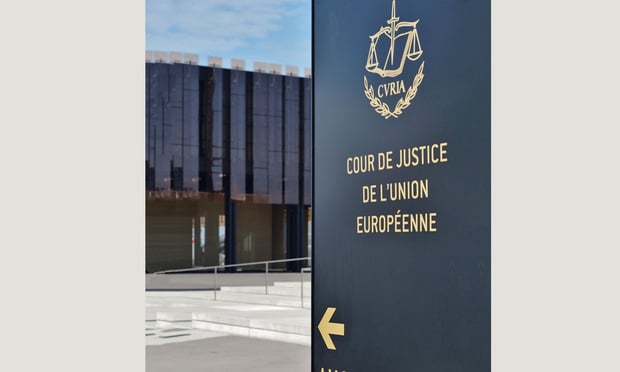With new technology making it easier to create fraudulent video content and growing revelations about Russia’s efforts to influence the 2016 U.S. presidential election, the clarion call to deal with the scourge of “fake news” has become ever louder.
Dealing with fraudulent content, however, is not as simple as one would think. In many cases, it is protected under the First Amendment and poses little to no liability to internet publishers who host such content on their websites or social media platforms.











